The National Directorate of Employment (NDE) has announced plans to train not less than 21,000 unskilled Nigerians in the second phase of the Renewed Hope Employment Initiative (RHEI).
About 93,000 Nigerians benefited from the first phase of the initiative implemented across the country.
Director-General of NEW, Silas Agara, disclosed this in Abuja during a one-day strategic implementation of the RHEI second phase meeting involving all state coordinators, zonal directors, and top officials of the NDE.
The meeting was aimed at finalising modalities and timelines for the commencement of the second phase of the initiative, which has now gone digital.
The Renewed Hope Employment Initiative was launched as a flagship effort under the current administration to combat unemployment by equipping unskilled Nigerians with relevant vocational skills and tools to become self-reliant.
Agara, who spoke with reporters in an interview, said, “We want to thank Mr. President for the support given to NDE to implement the first phase of the Renewed Hope Employment Initiative, which was launched last year. We had a successful launch and a timely completion of the first phase of the program, which was very successful.
“For the second phase, we are working with a minimum of 21,000. But like I said, those numbers can go up. We are being careful so that states can exhaust the allocation given to them. Once resources are made available, we can increase those numbers. We have the capacity.”
Agara noted that many initially doubted the capacity of the agency to successfully implement the programme, given past experiences.
“A lot of people didn’t believe we were able to roll out such a program and implement it successfully. They were still looking at NDE from the eyes of the previous programs. But to God be the glory, we’ve been able to change the narrative and tell Nigerians that good things can come from the present crop of NDE staff that we’re working with,” he said
According to him, the second phase of the Renewed Hope Employment Initiative is taking a step forward by adopting a 100 per cent digital approach.
He said, “This time around, we are making the program 100% digital and launching the second phase of the Renewed Hope Employment Initiative.”
He explained that the meeting was convened to allow for collaborative planning ahead of the roll-out.
Agara said, “We’ve invited all our state directors, state coordinators, zonal directors, to be here for us to conclude on the timelines for launching the second phase of the program, because it’s not our intention to load the program on our state coordinators. We want to collectively agree on timelines and phases of implementing the program.”
He said that payment of stipends, which posed a challenge in the first phase, is also being re-evaluated.
“Again, we are here to agree on the nature of payment of stipends due to beneficiaries, because that has been a very big challenge, given the platform we used to pay stipends. We need to fine-tune those details so we don’t have challenges with our beneficiaries,” Agara stated.
He added, “If they complain, that means we are not doing what we are supposed to do. In the second phase, we don’t expect the kind of complaints that came up in the first phase regarding payment issues.”
The DG added that NDE is also prioritising local content and grassroots relevance in its skill training selections.
“We’re looking at the choice of skill sets on a state basis so that we take local content into consideration from states that will be implementing those programs. That is very key in the Renewed Hope Employment Initiative,” he said.
Agara added, “The first phase of the program was a huge success. We were able to adhere to our timelines. Despite the challenges of implementation, we completed the program and disbursed empowered resettlement startup kits to our beneficiaries appropriately. We promised to deliver, and we delivered.”
He said the database of beneficiaries is already in place, generated from NDE systems and that external support will likely scale up the programme.
“Last year, we had support from some NGOs and were able to go to a higher number. This time around, we are working with some NGOs that will come in, and once they come in, those numbers can still go up,” he noted.
Agara also disclosed that development partners are collaborating with the agency.
“We are working on signing an MoU with them. Those we trained last year have been requested by development partners for further support. We’ll make the new list available again this time,” he stated.
He stressed that partner banks and organisations will assess the trainees’ capacity and provide tailored support.
“It’s not for us to dictate to the bank what to give them, but for the bank to see what they are interested in doing, and to carry out a needs assessment of all the beneficiaries. That will form the packages that development partners will make available to them,” he explained.
Share this post
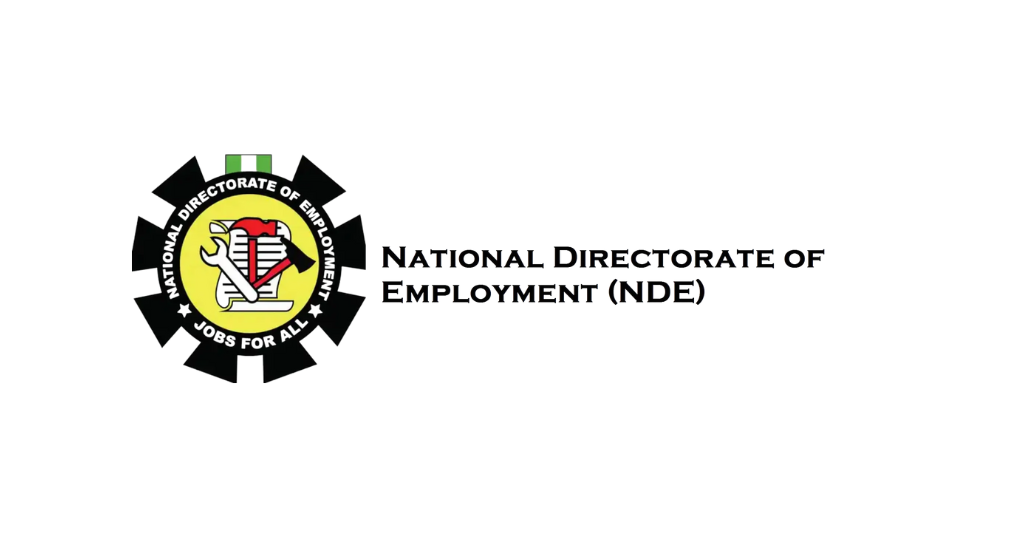
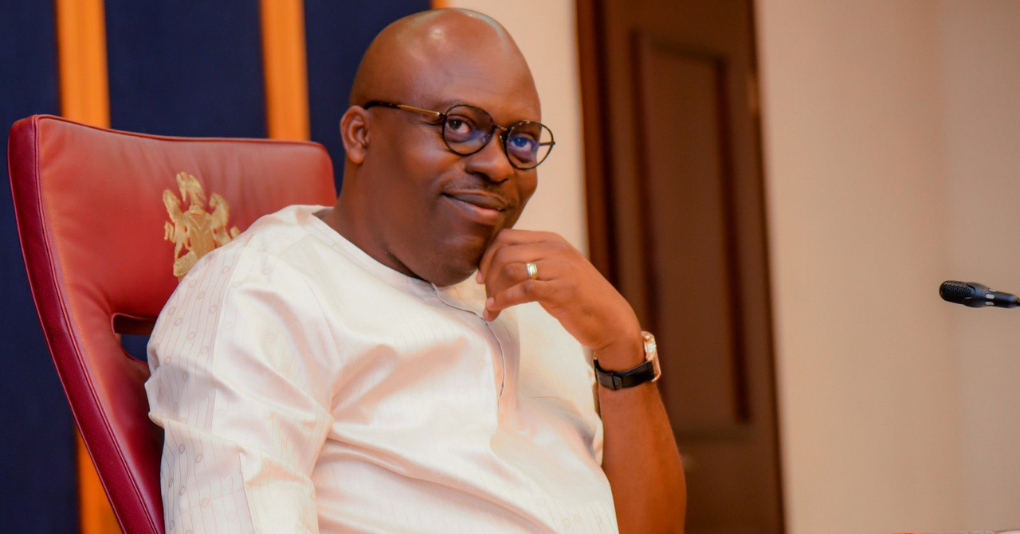
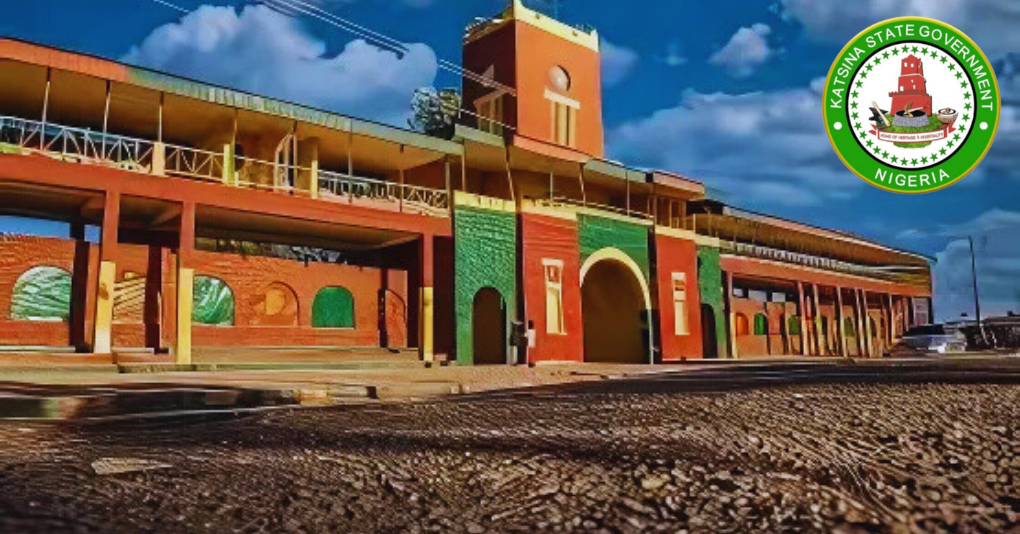
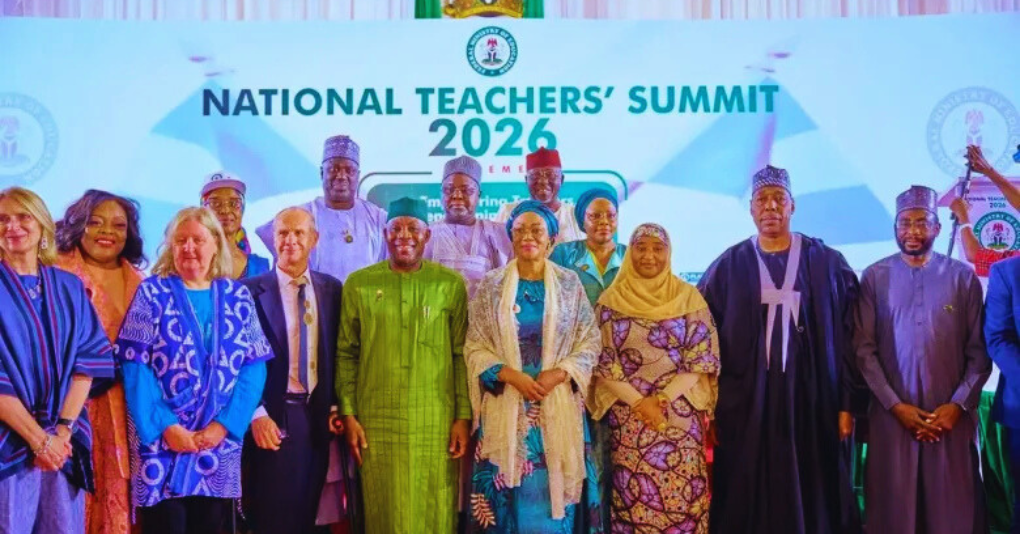
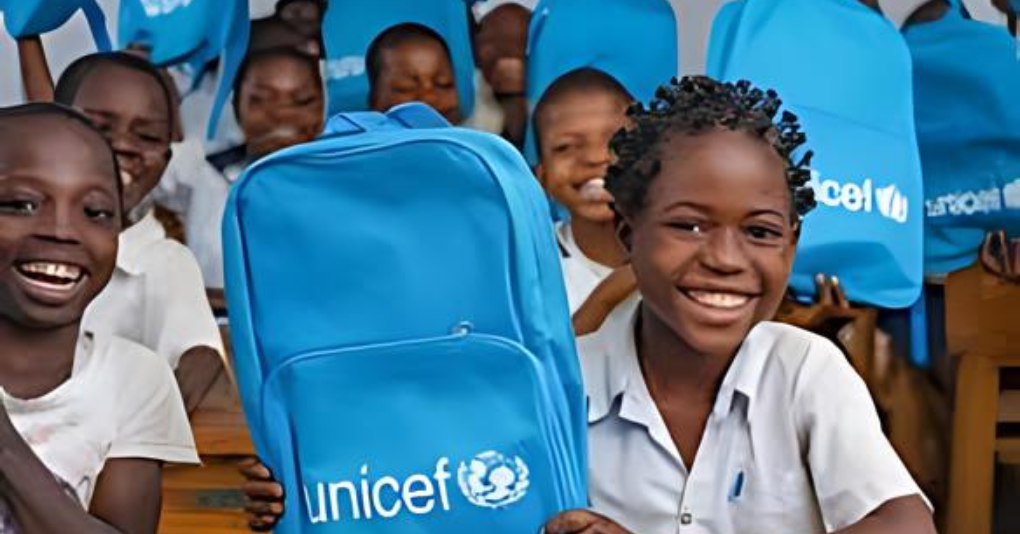
Be the first to comment on this post